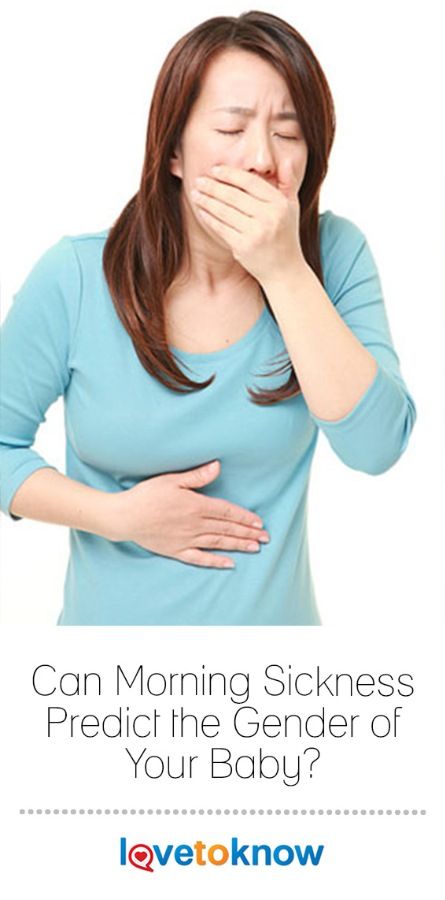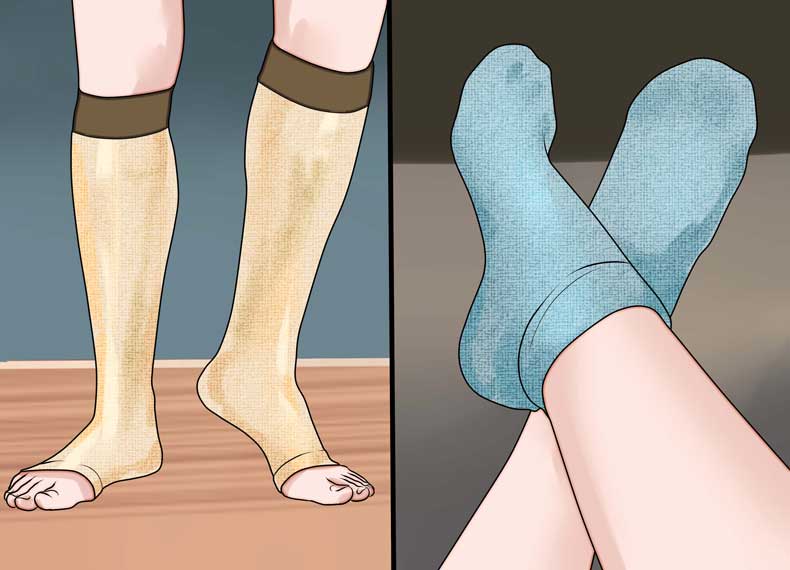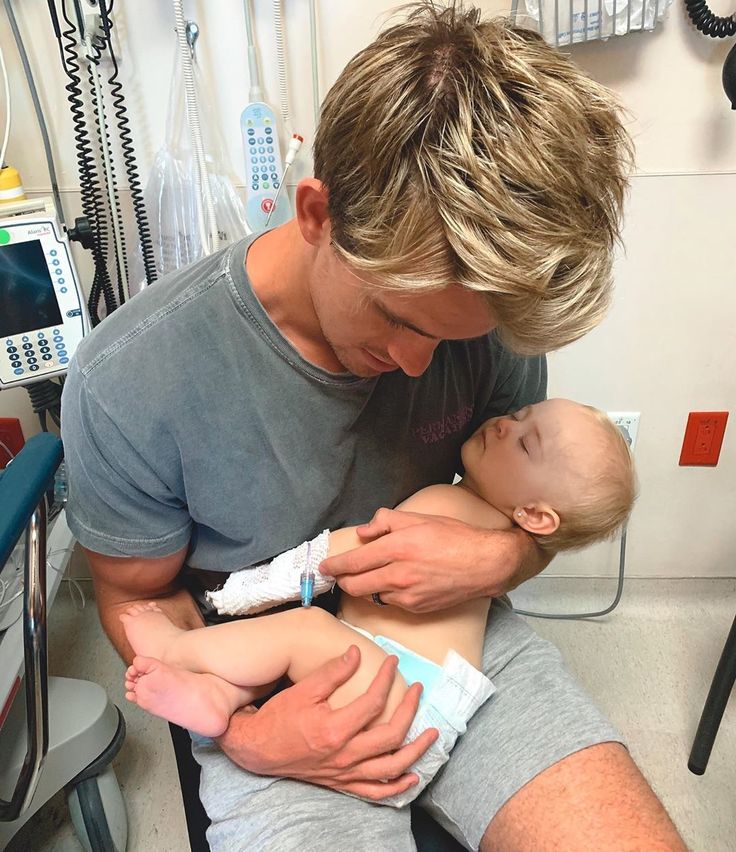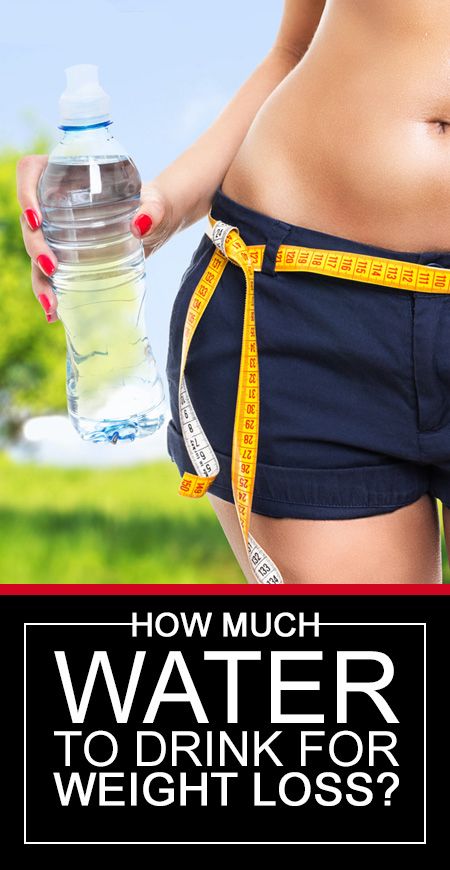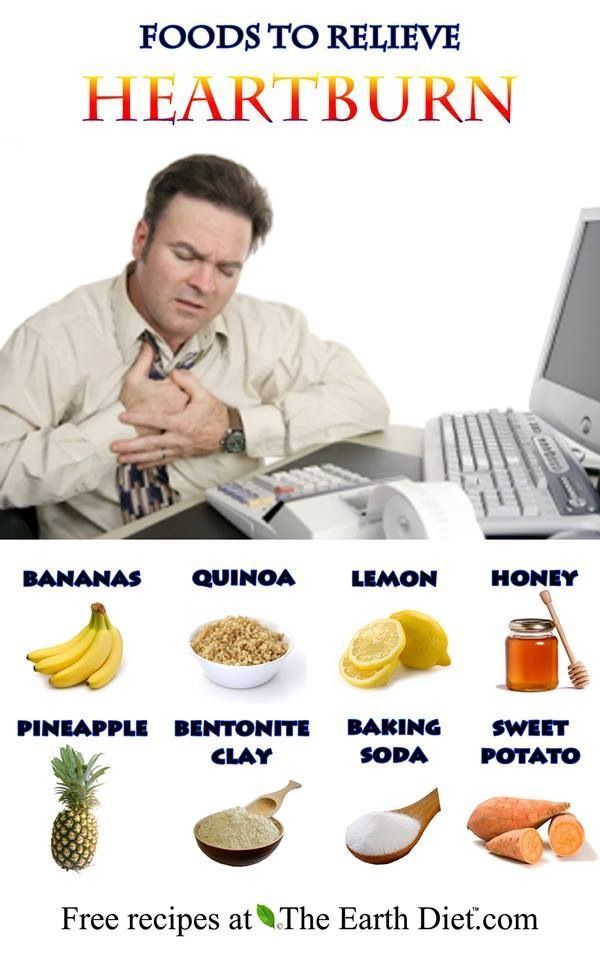Is it safe to drink energy drinks while pregnant
Can I Drink Energy Drinks While Pregnant? Is It Safe?
Last Updated on December 16, 2021
Many women feel tired during pregnancy, and exhaustion is particularly common during the first trimester. You might have wondered if it’s safe to reach for your favorite energy drink during this time, or if it carries risks for you or your baby.
Energy drinks are not recommended for pregnant women, as they usually contain very high amounts of caffeine, sugar, and other additives. Caffeine can be harmful during pregnancy in very high doses, and consuming too much sugar during pregnancy may cause other health conditions such as diabetes.
In many countries, energy drinks carry warnings that they’re not suitable for pregnant women or those sensitive to caffeine.
In this article, I break down the reasons why you should avoid energy drinks when pregnant, and what you could do to boost your energy levels instead.
Covered in this Article:
What Are The Risks of Drinking Energy Drinks When Pregnant?
The main reason that pregnant women are told to avoid energy drinks is that they are usually classed as dietary or sports supplements, and they contain a variety of ingredients that aren’t recommended during pregnancy.
Caffeine
The biggest concern about drinking energy drinks during pregnancy is the high amount of caffeine that they contain. Pregnant women should reduce their caffeine consumption to 200mg-300mg a day, depending on individual government guidelines (source: WHO).
Depending on the brand, some energy drinks can contain up to 300 milligrams of caffeine per single serving, taking you up to or above the maximum recommended caffeine level in just one drink (source: Center for Science).
Caffeine overdose caused by energy drinks is one of the most prevalent problems seen in Emergency rooms in the USA (source: Journal of Public Health). People are often unaware of just how much caffeine these drinks contain.
If you really want an energy drink, you could check the food label and stick to lower caffeine options. However, it’s better to avoid them altogether, as they also have other ingredients that could also be harmful in high amounts, like sugar, covered below:
Sugar and Sweeteners
Another reason to avoid energy drinks when you’re pregnant is that they’re usually high in sugar or artificial sweeteners. Even a drink labeled ‘sugar-free’ or ‘zero-calorie’ is likely to contain sweeteners.
Even a drink labeled ‘sugar-free’ or ‘zero-calorie’ is likely to contain sweeteners.
An Irish study found that some energy drinks can contain up to 17 teaspoons (69g) sugar in a single 500ml can, and contain as much caffeine as two espresso shots (source: SafeFood EU).
Excess sugar or sweeteners should be avoided during pregnancy, particularly if you have any risk of diabetes (including gestational diabetes) or have any insulin resistance (source: APA).
Even if you don’t have diabetes, the sugar content in energy drinks can add up to many calories – and excessive weight gain during pregnancy can cause many complications (source: Mayo Clinic).
Other Ingredients and Regulation
In many countries, energy drinks aren’t regulated in the same way as normal food or beverages, and it’s left down to the manufacturers to accurately state the ingredients on the nutrition label.
Many energy drinks contain added ingredients such as herbal or fruit extracts, or amino acids such as taurine.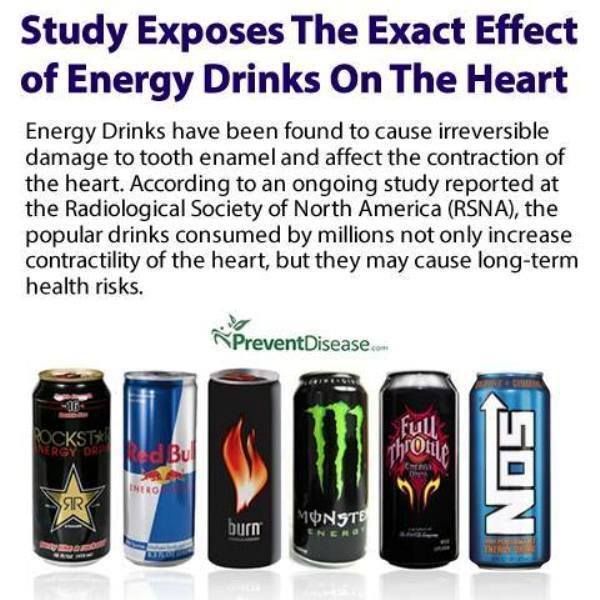 Scientific studies are limited on the pregnancy safety of many of these additives.
Scientific studies are limited on the pregnancy safety of many of these additives.
What’s more confusing is that some brands DO get classed as beverages rather than supplements, and some don’t. For example, in the USA, Monster Energy is classed as a regular beverage, yet other similar drinks are classed as dietary supplements (source: FIDJ Law).
The law across the European Union is more strict, and any energy drink containing high levels of caffeine not only has to state the caffeine content on the food label, but also print a warning that the drink is “not recommended for pregnant or breastfeeding women” (source: UNESDA).
This warning often appears on drinks produced in the USA and elsewhere, too.
To summarize, it’s best to avoid energy drinks during pregnancy. The two common ingredients – caffeine and sugar/sweeteners, aren’t beneficial to you or your baby and could be harmful in large amounts.
If you have had an energy drink before realizing, there’s no need to panic as no single ingredient has been found to be directly harmful in moderation.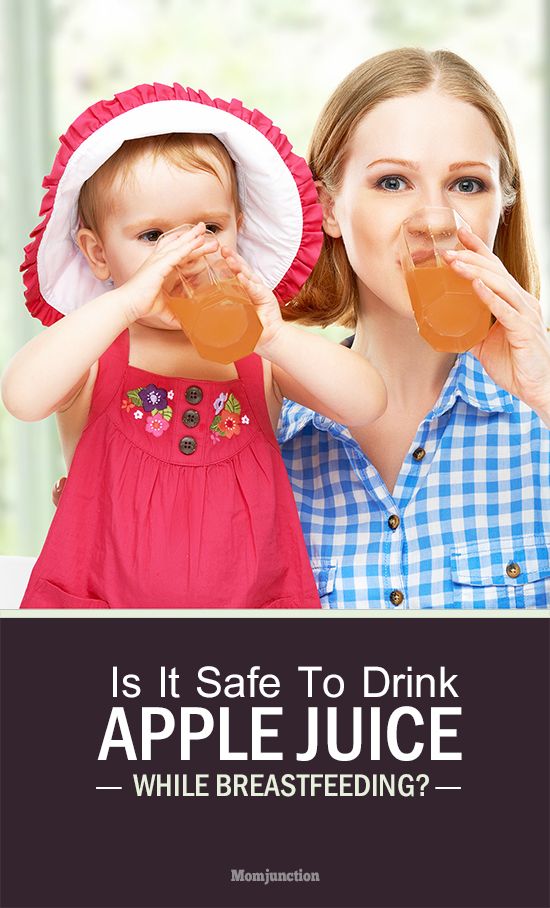 However, it’s best to limit or stop drinking energy drinks for the duration of your pregnancy.
However, it’s best to limit or stop drinking energy drinks for the duration of your pregnancy.
Energy Drink Brands During Pregnancy
I know that when you’re pregnant it’s good to have specifics, so here are a few of the most popular energy drink brands, and how much caffeine and sugar they contain.
Bear in mind that none of these are recommended during pregnancy, and there is no ‘best energy drink’ for pregnant women because it’s safer to get an energy boost in other ways – some ideas and tips for this are given later in this article.
| Energy Drink Brand | Caffeine | Sugar |
|---|---|---|
| Monster Energy (Original) 500ml can | 160mg | 55g |
| Red Bull (Original) 8.4 fl oz can (250ml) | 80mg | 27g |
| VPX Bang! (Star Blast) 16 fl oz (473ml) can | 300mg | None, but contains the sweetener sucralose |
| V8 Energy 8 fl oz can | 80mg | 10g |
| Rockstar Energy Original 16 fl oz can (473ml) | 160mg | 62g |
5 Hour Energy Shot 1. 93 fl oz (57ml) 93 fl oz (57ml) | Not stated. Estimated to be around 215mgNone, but contains sweetener sucralose |
Sources: Monster, Red Bull, V8, Bang, Rockstar, Forbes
What To Drink For Energy When Pregnant
After reading this article, you might be understandably disappointed that it’s not recommended to battle pregnancy fatigue by having energy drinks.
When you’re feeling exhausted and listless during pregnancy, there are other ways of getting an energy boost that is much better for you and your baby.
Other good advice applies, like taking more naps or practicing better sleep hygiene, but for the purposes of this article, I’ll focus on drinks that can give you an energy boost – since you probably arrived here looking to see if energy drinks were okay.
Hydrate more – but it doesn’t have to be boring water.
Dehydration can sap your energy and leave you feeling tired (source: WebMD). Your fluid needs increase during pregnancy, so one of the first steps you can take to combat fatigue. For inspiration, check my article on ten drinks you can enjoy when pregnant, besides water.
For inspiration, check my article on ten drinks you can enjoy when pregnant, besides water.
Try to eat (or drink) protein and complex carbs – this will minimize any blood sugar spikes that can give you a ‘crash’ later and result in more tiredness (source: WebMD).
Good options during pregnancy include milk or smoothies that contain blitzed nuts or seeds, or other sources like peanut butter (source: Harvard Nutrition).
Choose lower sugar juices – if you want to drink juice to hydrate during pregnancy, opt for lower sugar options made from veg, include tomato or carrot juice. Check the label for added sugar or sweeteners, or make your own. Try to include the pulp to increase the fiber content, too.
Remember that extreme fatigue can be a sign of another problem during pregnancy, such as anemia (low iron levels). If you’re experiencing extreme tiredness often, or if it’s severe, it’s wise to check in with your health provider to make sure there are no underlying problems (source: NHS).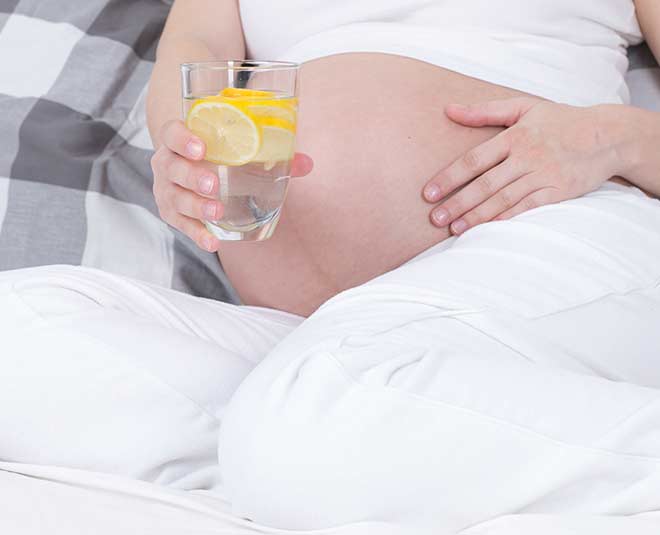
Can Energy Drinks Affect A Pregnancy Test?
None of the ingredients commonly found in energy drinks can directly affect a pregnancy test.
However, pregnancy tests rely on a sufficient concentration of a hormone called HCG (Human chorionic gonadotropin).
This hormone is produced when the embryo implantation has occurred and can be detected in urine about 12-14 days after conception. Most at-home pregnancy tests give a positive result after the hormone level reaches around above 25 mIU/mL (source: APA).
So, what has this got to do with energy drinks and pregnancy tests? The only way an energy drink can affect a pregnancy test is if you drank a large can (e.g. one of the bigger 500ml servings). Caffeine is a diuretic and makes you pee more (source: PubMed). This might alter the concentration of HCG in your urine.
However, on the whole, if you follow the test instructions correctly (usually involving taking the pregnancy test in the morning, when HCG is typically more concentrated in your urine), then there’s little chance that energy drinks can interfere with a test.
If you suspect you may be pregnant, but keep getting negative tests, it’s a good idea to check with your doctor or healthcare provider.
Can Energy Drinks Induce Labor?
Drinking too much caffeine during pregnancy may increase the risk of pre-term birth (source: APA). For this reason, caffeine – such as that found in energy drinks – has been touted as one of the methods to induce labor, though there is no scientific evidence that caffeine or energy drinks can induce labor.
There are various myths and techniques floating around the internet, from simply drinking caffeine (like in energy drinks) or squatting over a hot cup of coffee to get the labor process going – but none of these are recommended as a way to induce labor, and may do more harm than good.
Trying to induce labor is best left to your doctor or midwife. If you have any concerns, it’s wise to speak to them before trying any untested or home remedies to induce labor.
You might also be interested in:
- The ultimate pregnancy guide to decaf coffee and tea
- The caffeine levels in chocolate – how much chocolate can you eat when you’re pregnant? Find out here.
- Ten drinks you can enjoy when pregnant, besides water
This article has been reviewed and approved for publication in line with our editorial policy.
Caffeine during pregnancy | Pregnancy Birth and Baby
Caffeine during pregnancy | Pregnancy Birth and Baby beginning of content1-minute read
Listen
Consuming large amounts of caffeine during pregnancy may increase the risk of miscarriage or low birthweight, so it’s best to limit your intake of caffeine.
Caffeine is a chemical found in many foods and drinks, including coffee, tea and cola.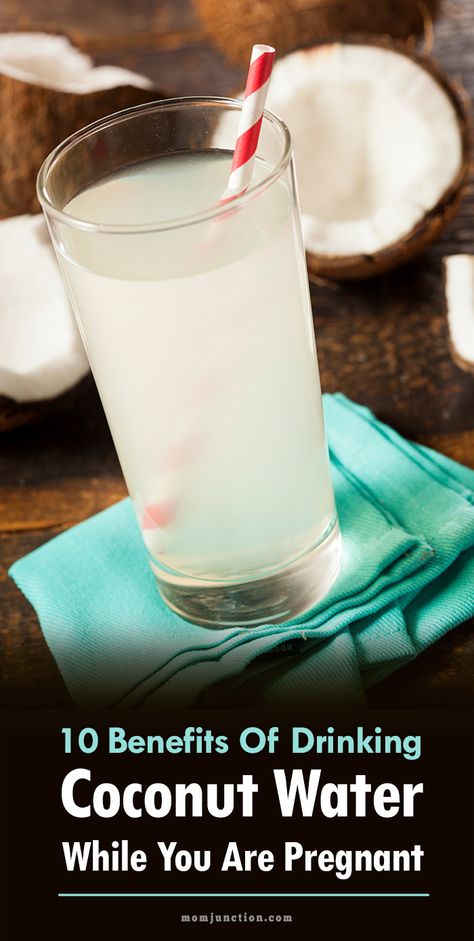 It affects the nervous system and can cause irritability, nervousness and sleeplessness.
It affects the nervous system and can cause irritability, nervousness and sleeplessness.
If you are pregnant or breastfeeding, consuming up to 200mg a day is safe for your baby.
The approximate amounts of caffeine found in food and drinks are:
- 1 cup of instant coffee: 60mg
- 1 shot of espresso coffee: 100mg
- 1 cup of plunger coffee: 80mg
- 1 cup of tea: 30mg
- 375ml can of cola: 49mg
- 250ml can of energy drink: 80mg
- 100g bar of milk chocolate: 20mg
Decaffeinated varieties contain little or no caffeine.
Energy drinks are not recommended during pregnancy as they may contain high levels of caffeine, and other ingredients not recommended for pregnant women.
Some cold and flu remedies also contain caffeine. Talk to your midwife, doctor or pharmacist before taking these remedies.
For more information about the caffeine content in food and drink visit Food Standards Australia.
Sources:
Australian Drug Foundation (Caffeine), Food Standards Australia New Zealand (Caffeine), The Royal Women's Hospital Melbourne (Food safety during pregnancy), Australian Breastfeeding Association (Breastfeeding and maternal caffeine consumption), Australian Healthy Food (How much caffeine is in that drink?)Learn more here about the development and quality assurance of healthdirect content.
Last reviewed: August 2020
Back To Top
Related pages
- Foods to avoid when pregnant
- Diet and medication while breastfeeding
- Herbal teas during pregnancy and breastfeeding
Need more information?
Caffeine in pregnancy | Parenthub
Pregnancy Pregnancy and Food Caffeine in pregnancy ( 5 votes, average: 4
Read more on Parenthub website
Effects of caffeine, alcohol and smoking on reproductive outcomes
Some lifestyle behaviours are known to affect fertility, pregnancy health and the health of the baby at birth and in adulthood. Here is what you need to know about how caffeine, alcohol and smoking affect fertility and reproductive outcomes.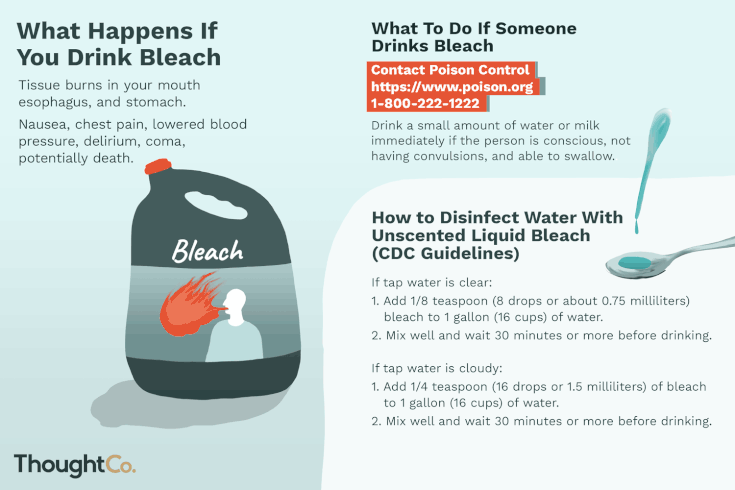
Read more on Your Fertility website
Pregnancy testing options - MyDr.com.au
Testing for pregnancy and ovulation is simple using home pregnancy and ovulation test kits, which give results that are about 99% accurate. Find out what pregnancy and ovulation testing kits are available.
Read more on myDr website
Pregnancy and Sleep
Is sleep important when you are pregnant? Pregnancy is a time when you need to pay particular attention to your health. During pregnancy, the mother’s body changes rapidly. Any health issues may impact on the development and growth of the baby. Most people know that you need a balanced diet and enough exercise, but
Read more on Sleep Health Foundation website
Pregnancy diet: Over-eating | Parenthub
Pregnancy Pregnancy and Food Pregnancy diet: Over-eating ( 3 votes, average: 5
Read more on Parenthub website
Healthy diet during pregnancy
A healthy diet is an important part of a healthy lifestyle at any time, but especially vital if you're pregnant or planning a pregnancy.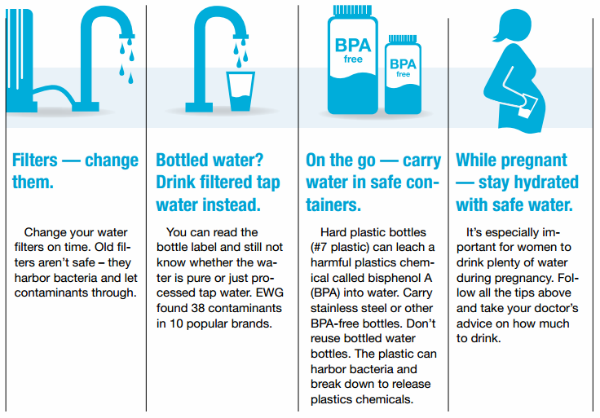
Read more on Pregnancy, Birth & Baby website
Pregnancy diet: Under-eating | Parenthub
Pregnancy Pregnancy and Food Pregnancy diet: Under-eating ( 3 votes, average: 4
Read more on Parenthub website
Indigestion and heartburn in pregnancy
Find out how to recognise, avoid and treat indigestion and heartburn during your pregnancy.
Read more on Pregnancy, Birth & Baby website
Pregnancy - medication, drugs and alcohol - Better Health Channel
Most women take a drug of some kind during pregnancy, sometimes without realising the potential for harm.
Read more on Better Health Channel website
Pregnancy diet: Foods to avoid
Everyone knows that when you're pregnant, you're eating for two.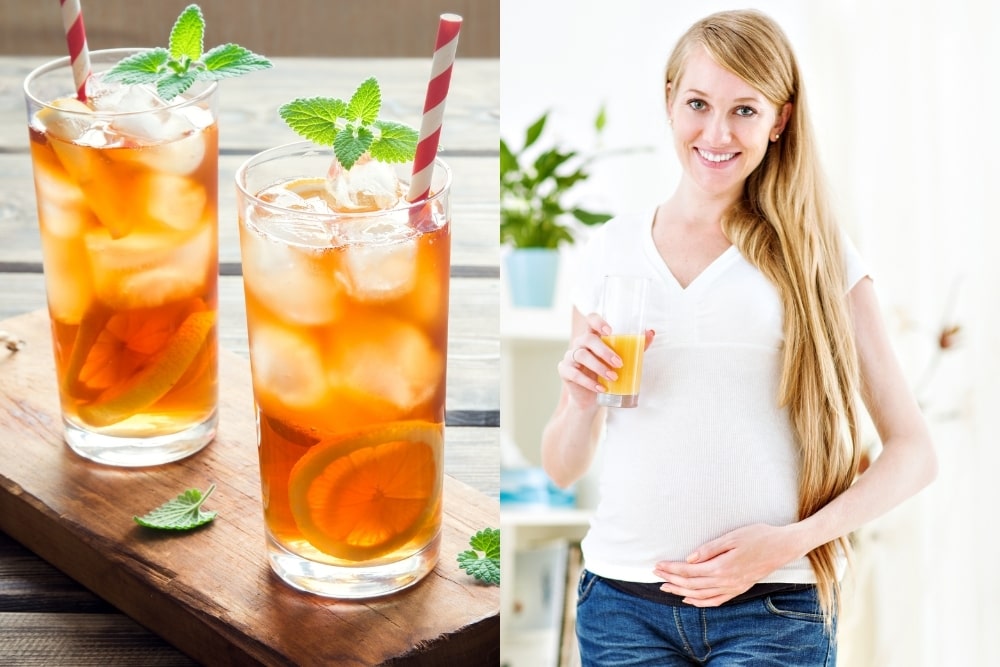 Less obvious, however, is knowing the particular foods pregnant women shouldn't eat in order to avoid infectious, food-borne diseases, as these can cause miscarriage, low birth weight or a higher risk of Mum getting sick.
Less obvious, however, is knowing the particular foods pregnant women shouldn't eat in order to avoid infectious, food-borne diseases, as these can cause miscarriage, low birth weight or a higher risk of Mum getting sick.
Read more on Parenthub website
Disclaimer
Pregnancy, Birth and Baby is not responsible for the content and advertising on the external website you are now entering.
OKNeed further advice or guidance from our maternal child health nurses?
1800 882 436
Video call
- Contact us
- About us
- A-Z topics
- Symptom Checker
- Service Finder
- Linking to us
- Information partners
- Terms of use
- Privacy
Pregnancy, Birth and Baby is funded by the Australian Government and operated by Healthdirect Australia.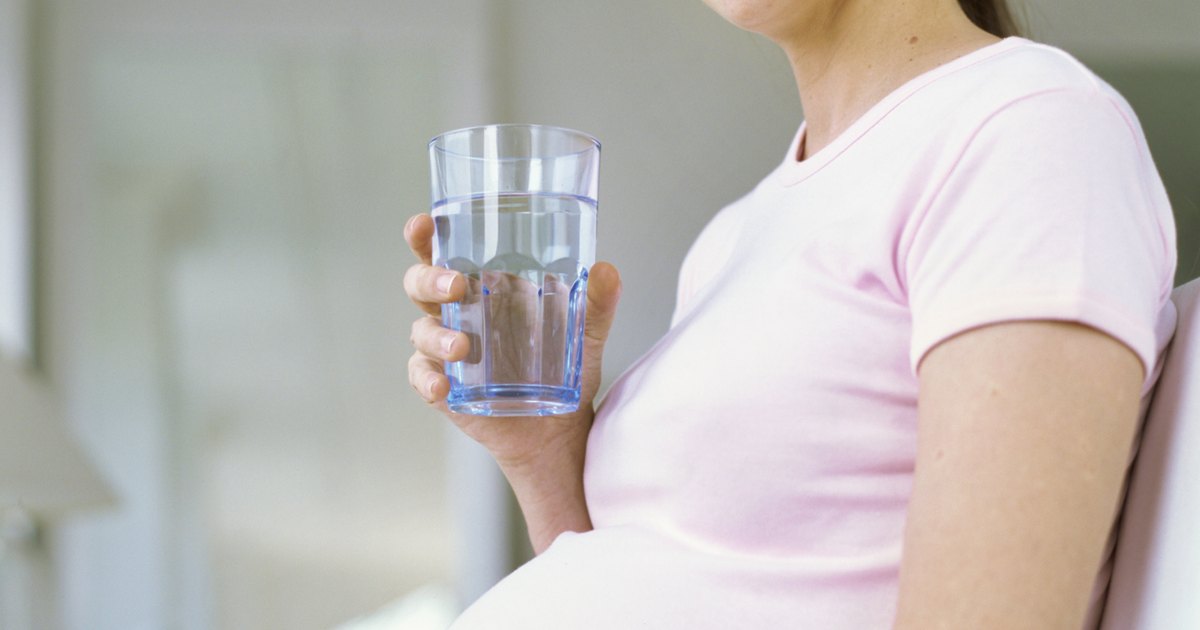
Pregnancy, Birth and Baby is provided on behalf of the Department of Health
Pregnancy, Birth and Baby’s information and advice are developed and managed within a rigorous clinical governance framework. This website is certified by the Health On The Net (HON) foundation, the standard for trustworthy health information.
This site is protected by reCAPTCHA and the Google Privacy Policy and Terms of Service apply.
This information is for your general information and use only and is not intended to be used as medical advice and should not be used to diagnose, treat, cure or prevent any medical condition, nor should it be used for therapeutic purposes.
The information is not a substitute for independent professional advice and should not be used as an alternative to professional health care. If you have a particular medical problem, please consult a healthcare professional.
Except as permitted under the Copyright Act 1968, this publication or any part of it may not be reproduced, altered, adapted, stored and/or distributed in any form or by any means without the prior written permission of Healthdirect Australia.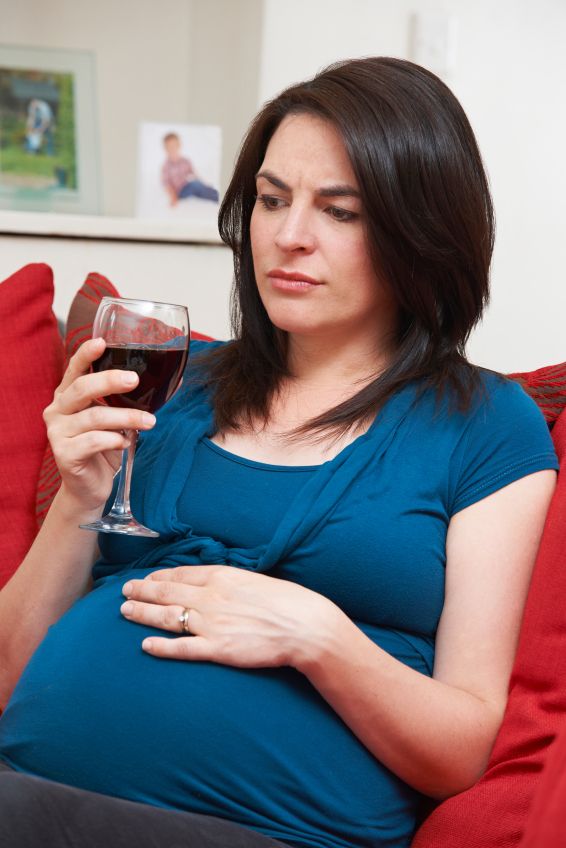
Support this browser is being discontinued for Pregnancy, Birth and Baby
Support for this browser is being discontinued for this site
- Internet Explorer 11 and lower
We currently support Microsoft Edge, Chrome, Firefox and Safari. For more information, please visit the links below:
- Chrome by Google
- Firefox by Mozilla
- Microsoft Edge
- Safari by Apple
You are welcome to continue browsing this site with this browser. Some features, tools or interaction may not work correctly.
Recommendations for lovers of energy drinks | Tervisliku toitumise informatsioon
- Although advertised as a source of extra energy, energy drinks actually contain no more energy than a regular soft drink. Substances contained in energy drinks only "spur" the body, thereby depleting it. A varied diet satisfies the body's energy needs, while freshness and the ability to concentrate and learn guarantee a good rest and a good night's sleep.
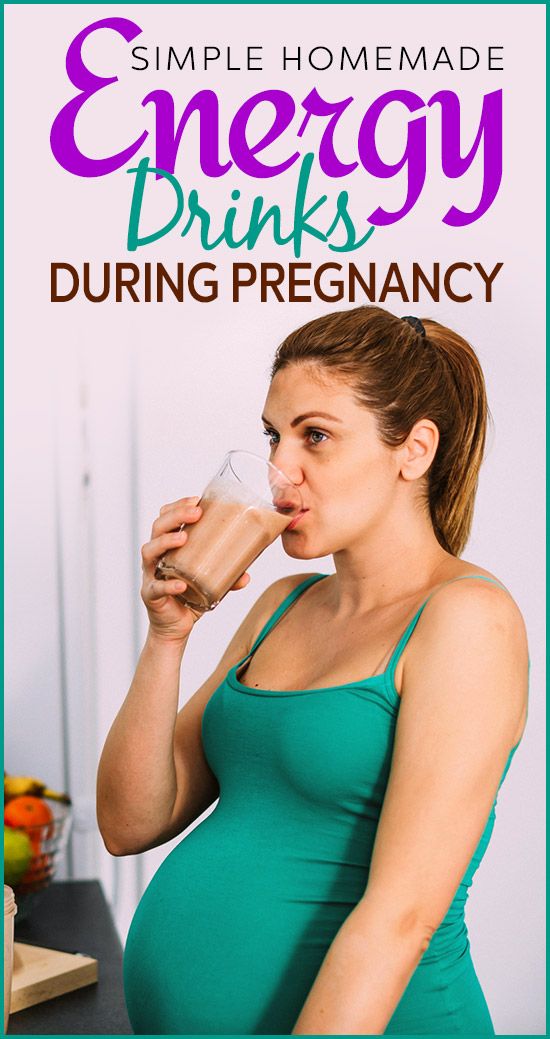
- Energy drinks are high in sugar, which in excess can lead to weight gain and damage your teeth. If you consume 400 ml of an energy drink per day, you can no longer eat sweet things on the same day (i.e. sugar, honey, jam, sweets, chocolate, biscuits, cakes, ice cream, drink soft drinks and juice drinks, etc.) .
- Energy drinks contain a large amount of caffeine, the excess consumption of which can lead to health problems and deterioration of well-being (cardiac arrhythmias, hypertension, anxiety, insomnia, etc.). If you consume 500 ml of an energy drink per day, which contains an average of 160 mg of caffeine, you should consciously limit the consumption of other drinks and foods containing caffeine so as not to exceed the recommended daily dose of caffeine, depending on age.
- The B vitamins added to energy drinks can be obtained in sufficient quantities by eating a varied and recommended diet.
- Pregnant women, breastfeeding mothers, people with heart disease (including high blood pressure) and sleep disorders, and people sensitive to caffeine should reduce or avoid energy drinks.

- You should carefully read the information on caffeine content on the packages of products containing caffeine and monitor how much caffeine you consume per day. For children weighing up to 40 kg, the daily amount of caffeine intake should be a maximum of 2.5 mg per kilogram of body weight, and for heavier children and adolescents, a maximum of 100 g of caffeine per day, and this is caffeine from any source (energy drinks and colas). , coffee, tea, chocolate, other products containing caffeine).
- Energy drinks should not be consumed within a few hours before, after or during exercise. Energy drinks should not be mixed with sports drinks.
- Much better caffeine learning and concentration improves normal and varied diet and adequate sleep.
- Thirst is best quenched by water.
- Do not drink energy drinks on an empty stomach.
- Do not mix energy drinks with alcohol. Be aware of the masking effect of energy drinks on excess alcohol consumption, the possible accompanying risky behavior and dehydration, and the conflicting signals that alcohol as a depressant and energy drink as a stimulant send to the nervous system.

- If you have symptoms that could be caused by excessive caffeine consumption, contact your family doctor and let them know how many energy drinks you have consumed.
- If you have to stay awake at night due to work or another reason (such as a session), or you feel tired while driving, it is better to nibble on a couple of coffee beans instead of energy drinks or caffeine tablets. Proper nutrition and adequate rest also help a lot.
- If you feel that you are addicted to energy drinks (caffeine) but want to get rid of it, consult your family doctor.
More information about energy drinks can be found on the website of the Estonian Association of Food Producers Know your food
Coffee and energy drinks during pregnancy - is it possible or not?
Drinking coffee and energy drinks has become a habit for many, so many women are worried about whether they can continue to drink during pregnancy?
One of the main components of coffee and energy drinks is caffeine, which stimulates the central nervous system and causes cheerfulness in the body.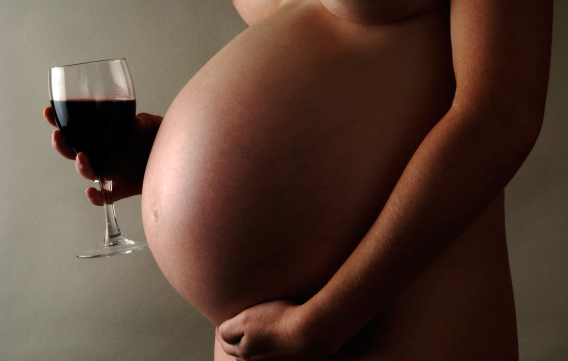 For this reason, coffee or energy drinks are usually drunk to focus on important work or stay awake. However, excess caffeine in the body can lead to disorders such as hypertension, heart palpitations, nervousness, dizziness, abdominal pain, and diarrhea.
For this reason, coffee or energy drinks are usually drunk to focus on important work or stay awake. However, excess caffeine in the body can lead to disorders such as hypertension, heart palpitations, nervousness, dizziness, abdominal pain, and diarrhea.
How do energy drinks and coffee affect children, what are the risks, whether they can use them - we have already written.
Possible risk
First, let's look at what additional risks caffeine creates for pregnant women. Firstly, the body of a pregnant woman digests it 2-3 times slower than a normal body. Secondly, part of the caffeine passes into the placenta and enters the bloodstream of the embryo.
American gynecologists Xiaoping Weng, Roxanne Odouli and De Koon-Lee studied the effects of caffeine on pregnancy in 2008. They concluded that the maximum allowable dose is 200 mg per day, which is about the same as 1 cup of coffee. Regular excess of this dose creates the risk of miscarriage, premature birth or the birth of a child with insufficient weight.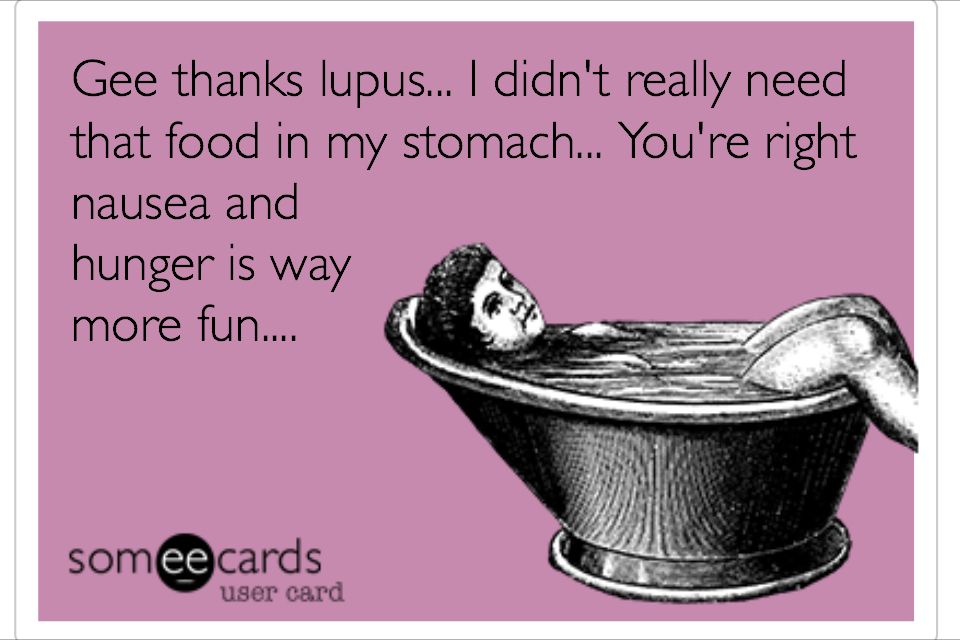
Of course, it is worth remembering the general dangers of caffeine overdose, the symptoms of which can occur not only in pregnant women.
Which foods contain caffeine?
Caffeine is found in: coffee, tea, cola, energy drinks, chocolate and some medications. The table below shows their caffeine content per standard serving.
| Product or drink | Fly, mg | Natural Coffee, 200 g | 80-200 | Soluble coffee, 200 g | 75 75 | Caffeine ”, 200 g2-15 |
| ice cream or yogurt with coffee taste, 100 g | 2 |
| Tea, 200 g | 15-60 |
| cocoa, 3 teaspoons for a cup for a cup for a cup | 8-12 |
| cola, 300 g | 30-45 |
| Chocolate milk, 200 g | 5-8 | Dark Chocolate, 40 g | 30 |
| 11 | |
| Chocolate syrup, 1 tablespoon | 26-28 |
| Energy *, 200-300 g (one bank) | 50-400 |
* energy drink manufacturer - its own composition, hence such a large spread.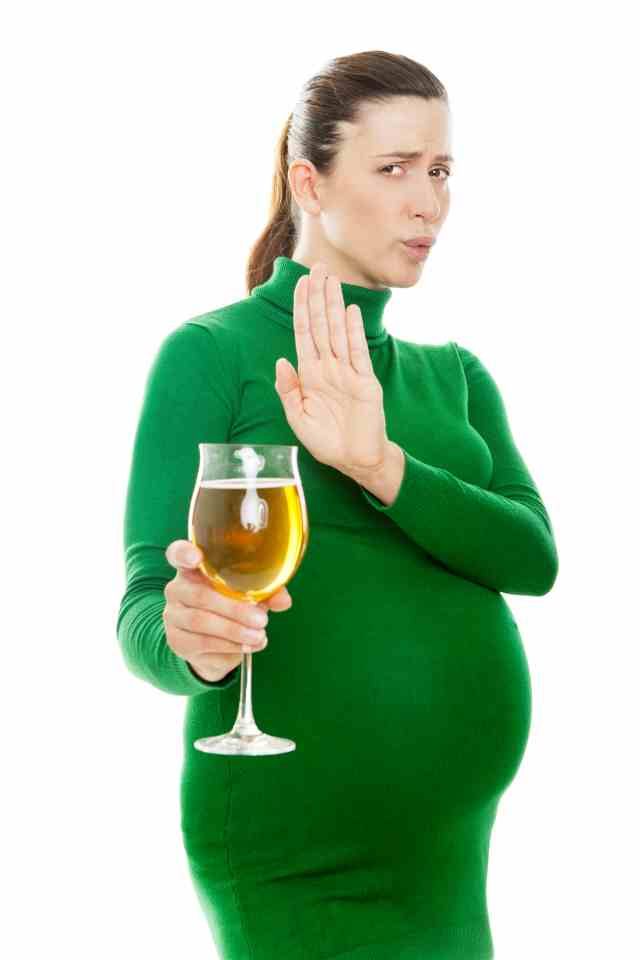 So, jar Red Bull contains 80 mg of caffeine and Hyde Extreme contains 400 mg.
So, jar Red Bull contains 80 mg of caffeine and Hyde Extreme contains 400 mg.
For caffeinated medications, these include certain cold, migraine and pain medications. Pregnant women should talk to their doctor about which of these medicines they can take. Of course, the presence of caffeine in medications means that you will have to cut the amount of it in the diet.
It's not just the caffeine
It's not a good idea to give up everything that contains caffeine completely: some foods and drinks contain vitamins, antioxidants and other essential substances that compensate for the harmful effects of caffeine. These products include primarily various herbal teas and dark chocolate (however, it has more caffeine than milk chocolate).
After checking the table, we will understand that the lowest risk of overdose is created by decaffeinated coffee, tea, cocoa, milk chocolate and chocolate milk, and the highest is energy drinks.

